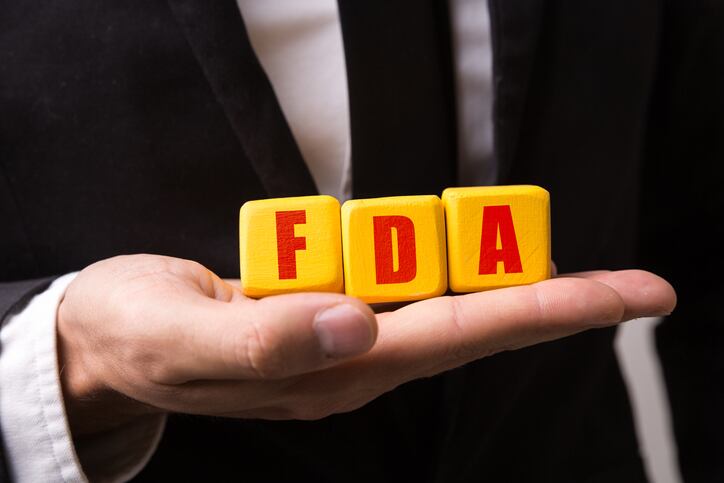Duncan’s letter leads with the NAC issue, which is of significant concern to the industry because of the large number of manufacturers using the ingredient and the large number of products on teh shelf. Duncan’s letter notes that a federally maintained label database shows that as many as 1,170 supplements containing NAC are on the market.
Yet despite the massive market presence for the ingredient and its long market history, it has proven to be one of the safest ingredients available to consumers. Very likely many millions of doses of these kinds of supplements have been consumed with few if any serious adverse events.
NAC issue raised in hangover warning letters
The issue concerning N-acetyl-L-cysteine (NAC) was first raised more than a year ago when FDA sent warning letters to seven companies making hangover claims, alleging that recovering from having had too much to drink is essentially a disease condition. Of more concern to industry was the addendum of sorts in four of the letters using NAC in their formulas.
In those letters the Agency alleged that as NAC was first investigated as a mucolytic drug in 1963 it was not a legal dietary ingredient. Industry sources, however, claim that there is solid evidence that NAC was on the market as a supplement ingredient in 1993, prior to the advent of the Dietary Supplements Health and Eduction Act (DSHEA). That would make it a so-called Old Dietary Ingredient and thus exempt both from prior drug use concerns and New Dietary Ingredient provisions.
Duncan’s letter asks FDA to produce any adverse event reports it has received on NAC. The letter notes that the National Institute of Health’s Office of Dietary Supplements recently stated that “no safety concerns have been reported” for supplements containing NAC.
The letter also notes that when Sevo Nutraceuticals had submitted some proposed structure function claims on NAC to FDA for review the Agency responded by calling it a ‘nutritional substance,’ while also noting the Agency called it a drug in the 2020 hangover warning letters.
“How does the FDA reconcile the contradiction between these two different characterizations of NAC?” the letter asks.
Duncan’s letter also touches on some of the discussions about what a ‘DSHEA 2.0’ regulatory framework might look like. The letter questions the need for a mandatory product listing, which FDA officials have advocated for in recent years. The letter notes that much of the information such a listing would contain is already required form manufacturers and available on public databases.
Little enforcement on imports
In addition, the letter questions why when FDA is requesting additional funds for more enforcement it does not use the tools it already has. It notes that despite the huge number of products being imported and the likelihood that many of these are violative, only two import alerts in the past six years.
The letter also questioned why the Agency declined to move on teh petition filed by Natural Alternatives International (NAI) which asked for an enforcement action on imported beta alanine products that had not gone through the New Dietary Ingredient Notification process.
“How has the FDA determined that Chinese imported beta-alanine is not only safe but not violating federal law?” the letter asks.
Duncan letter set a deadline of Nov. 24, 2021 for a response.




